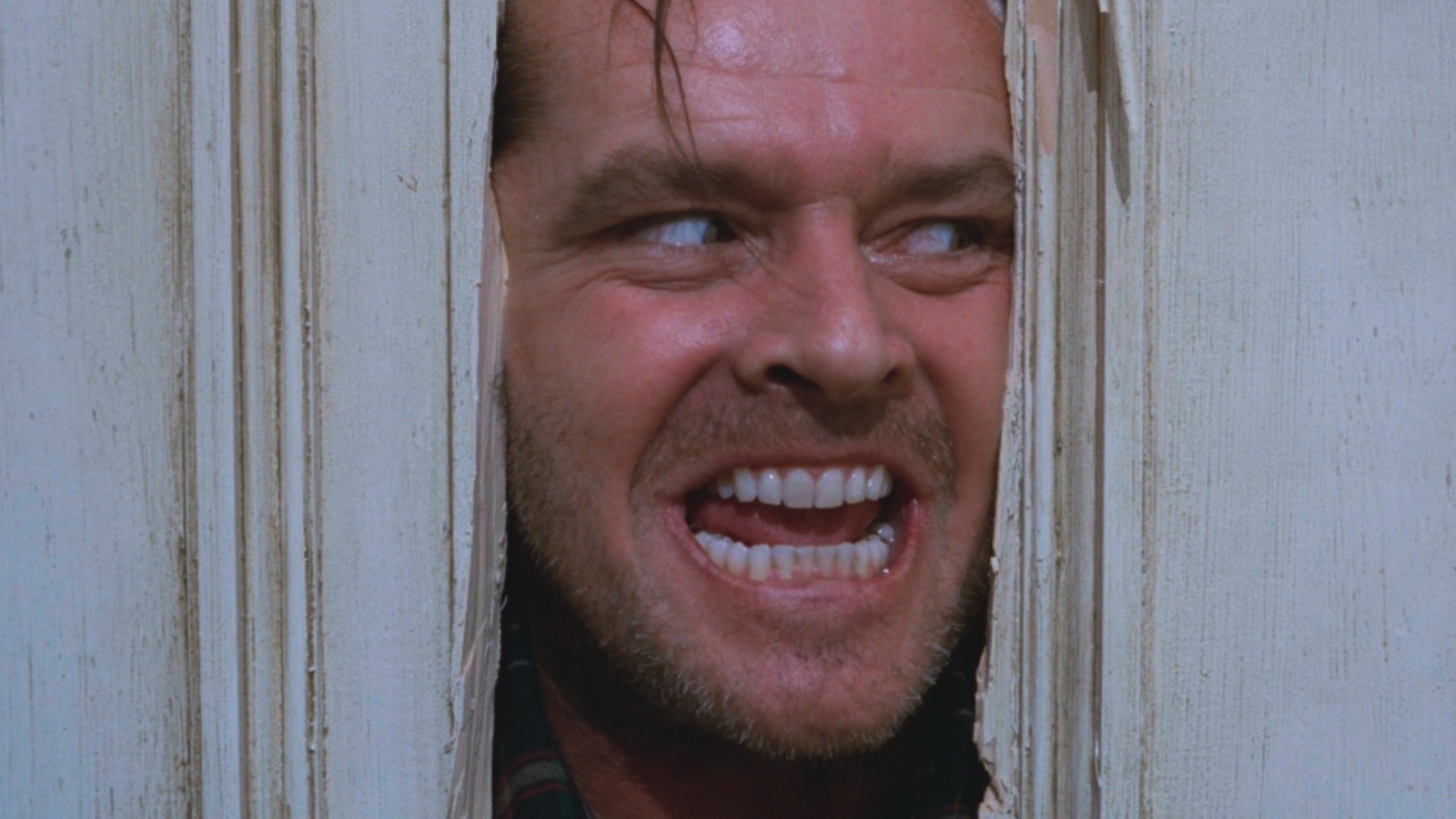
Both of the Nicholson films that every surveyed critic wrote positively about were released early in his career, before nearly all of the movies listed above. The first, “The Shooting,” is a 1966 Western movie directed by “Two-Lane Blacktop” filmmaker Monte Hellman. The film follows a former bounty hunter (Warren Oates) and his not-so-bright sidekick Coley (Will Hutchins) as they travel across the desert with a mysterious woman (Millie Perkins), a lone gunman dressed in black on their trail. The gunman in question was played by Nicholson, who by that point had appeared in movies like “Little Shop of Horrors” and “The Raven,” but who hadn’t yet broken through with “Easy Rider.”
According to the biography “Jack’s Life,” by Patrick McGilligan, Nicholson worked as a producer on the film and brought the print of it to Paris to strike up a distribution deal. While the movie was a hit when screened for the crowd of movie buffs influenced by Cahier du Cinema and made an appearance on the Cannes open market, the distributors he eventually struck a deal with went bankrupt, effectively putting the movie in limbo. Hellman told Cashiers du Cinemart that the film was “held up in legal technicalities for three years,” but it ultimately made its way to audiences, who were receptive.
While some Rotten Tomatoes scores end up skewed thanks to negative print reviews that have gotten lost in the ether over the years (see: Marilyn Monroe’s highest-rated role), McGilligan writes that “The Shooting” earned praise from the jump. In a 1971 issue of “Sight & Sound,” Philip Strick wrote that “Heilman a master in the art of putting his camera, quite unpredictably, in the right place at the right time,” while Time Out’s David Pirie called it “Probably the first Western which really deserves to be called existential.” The film continues to impress today: in 2012, the New Yorker’s Richard Brody wrote that the film “offers primal violence with a modernist chill,” and that its ending is “as ingenious as it is mysterious.”

Leave a Reply